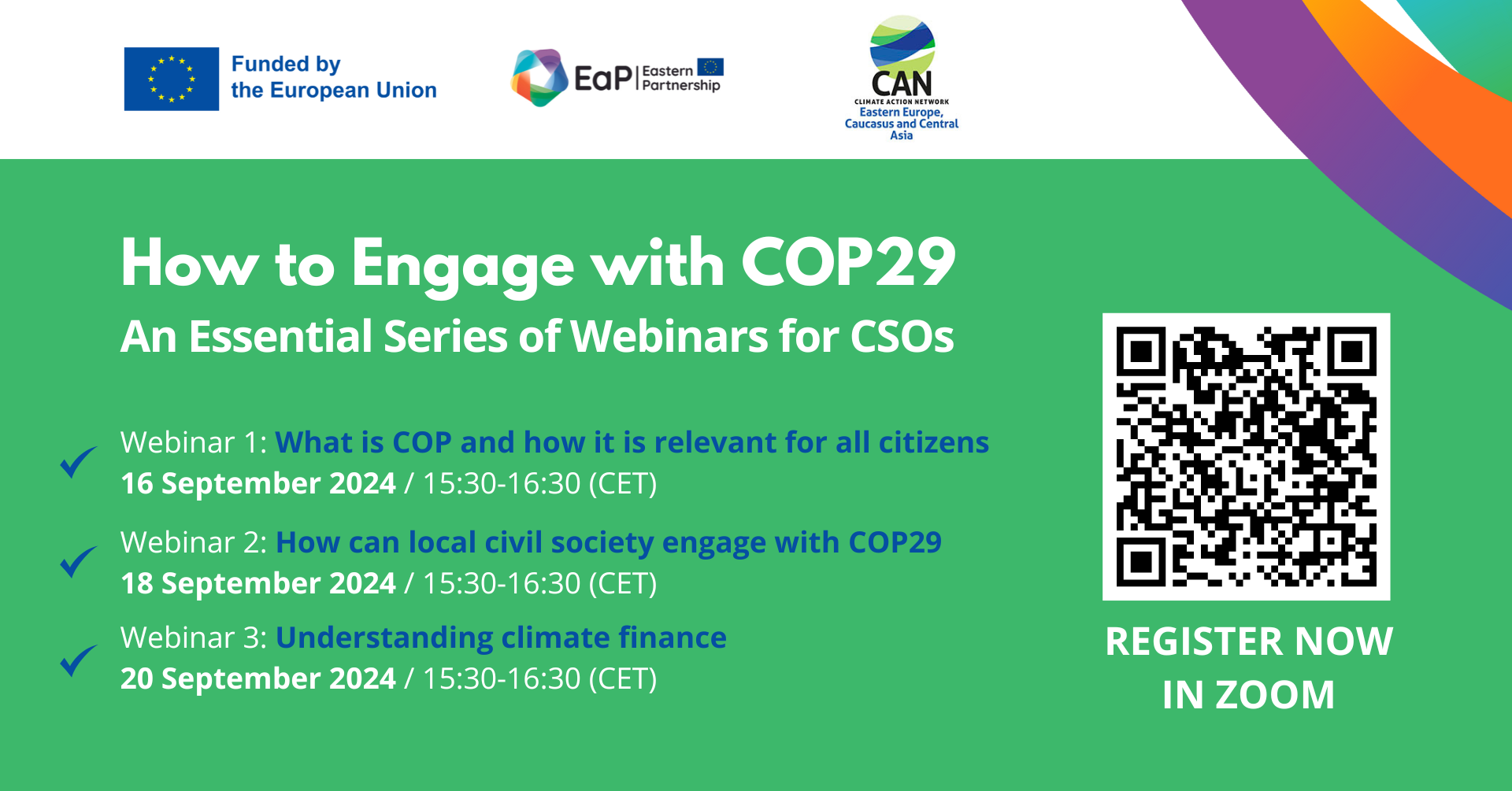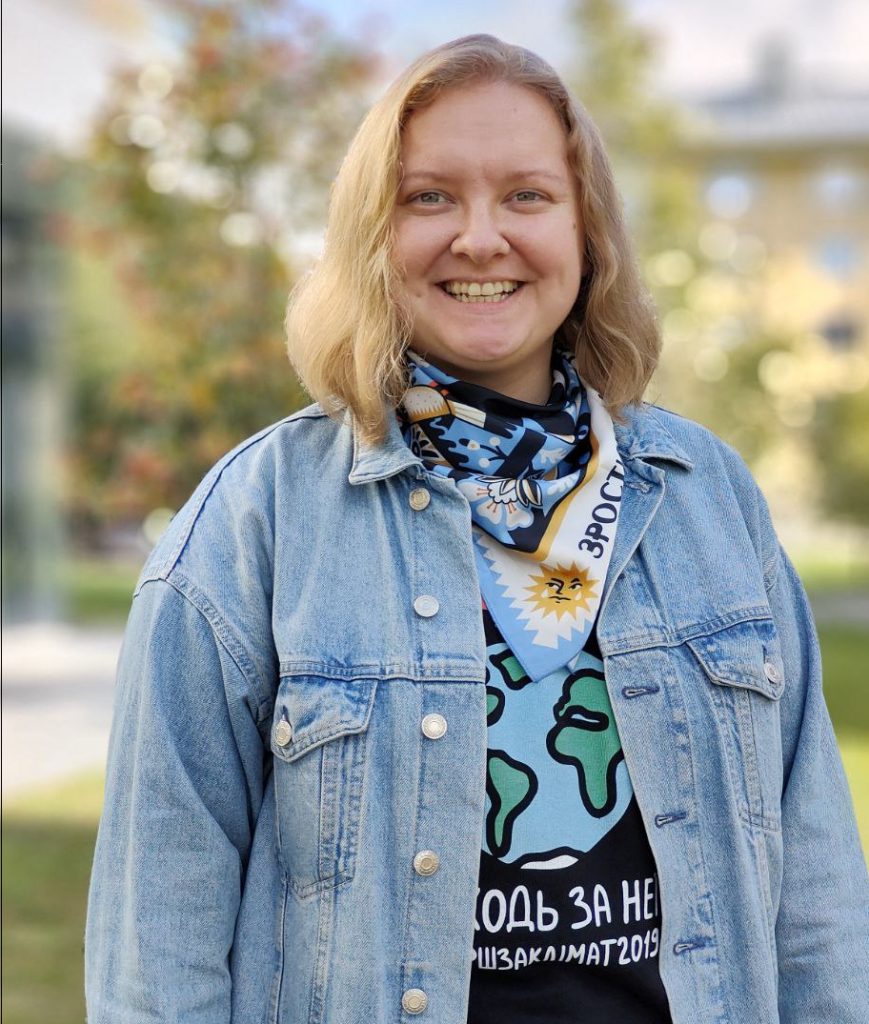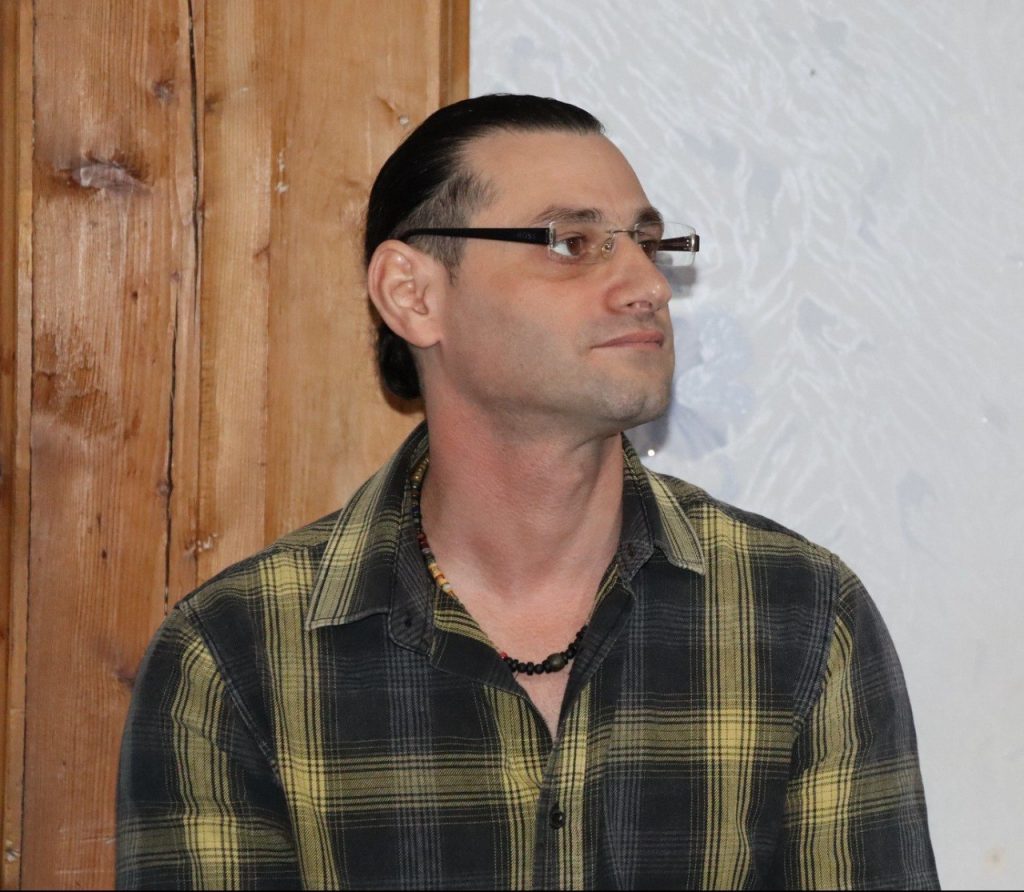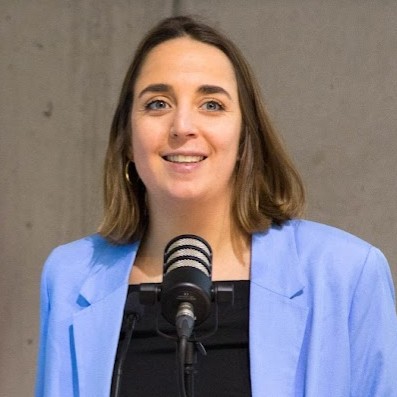
How to Engage with COP29: an Essential Series of Webinars for CSOs
During November 2024 the 29th session of the Conference of the Parties to the United Nations Framework Convention on Climate Change (COP29) will be held in Baku, Azerbaijan. As with previous COP sessions, there will be opportunities for stakeholders from civil society, both locally and internationally, to engage in the process. Participation in COP29 is crucial for civil society organisations as it provides a platform to influence global climate policy and advocate for local needs and priorities.
While these webinars are initially designed for CSOs in Azerbaijan as COP29 being hosted in Baku, we warmly invite CSOs from other Eastern Partnership (EaP) countries to join. The topics covered will be highly relevant to your work and offer valuable insights into engaging with COP29. The webinars will be delivered in English with live Azerbaijani interpretation.
So, if you are an activist or member of a civil society organisation who wants to know more about COP29, please register for these 3 one-hour webinars. You don’t need to be an environmentalist – these webinars are for everyone in civil society.
Webinar 1: What is COP and how it is relevant for all citizens / 16 September 2024, 17:30-18:30 (Baku time) / 15:30-16:30 (CET)
Webinar 2: How can local civil society engage with COP29 / 18 September 2024,
17:30-18:30 (Baku time) / 15:30-16:30 (CET)
Webinar 3: Understanding climate finance / 20 September 2024, 17:30-18:30 (Baku time) / 15:30-16:30 (CET)
How to join:
To register for the webinars please complete this registration form.
After registration you will receive an email with a link to enable you to join the webinars.
The webinar series is organised by the EU-funded “Eastern Partnership Civil Society Facility” project and is being delivered in cooperation with the regional hub of the Climate Action Network. CAN EECCA – is the largest network of climate NGOs in the Eastern Europe, Caucasus and Central Asia (EECCA) region. The network has existed since 2008 and it is part of the Climate Action Network International, which brings together more than 1 500 civil society organizations in 130 countries. At the moment, 53 member NGOs in 11 countries of the region (Armenia, Azerbaijan, Belarus, Georgia, Kazakhstan, Kyrgyzstan, Moldova, Russia, Tajikistan, Uzbekistan, Ukraine) are members of the network. CAN EECCA is working to ensure that the civil society of the region is strong and organized, that the EECCA countries implement policies leading to climate neutrality, and that there is coherence between the first and second processes based on climate justice.
Introducing the webinar speakers:

Olha Boiko, CAN EECCA coordinator, Ukraine
Olha Boiko is a network coordinator and facilitator. She has been a part of the climate movement for 9 years. Since 2015 Olha has hosted dozens of workshops, forums and camps on climate change and climate policy. She has taken part in five UN climate conferences (COP) as a civil society observer and helped CSOs to prepare for the negotiations, as well as get badges and funding. Currently, Olha serves on the Participatory decision-making committee of the Dalan Fund/

Nugzar Kokhreidze, Chairman of RICDOG, Georgia
Nugzar Kokhreidze is the co-founder and current chairman of the Research-Intellectual Club “Dialogue of Generations” (RICDOG) in Georgia, focusing on youth empowerment, social dialogue, and environmental education. He has served as Head of the Board for the Climate Action Network (CAN) EECCA, contributing to regional climate change strategies and sustainable development initiatives. His experience includes coordinating projects with international organizations like the UN Migration Agency (IOM) and the Berghof Foundation, where he managed programs in conflict regions, integrating climate resilience into peacebuilding.

Rebecca Thissen, Global lead on Multilateral processes at CAN International, Brussels
Rebecca has a background in law and has worked with major international NGOs such as ‘Amnesty International’ and ‘Lawyers without Borders’. She has been working intensively on issues such as climate finance, ‘loss & damage’, and human rights integration into climate policies and climate litigation. She was also the policy coordinator of the Belgian Climate Coalition, the national network working to push forward climate ambition and a just transition in Belgium.